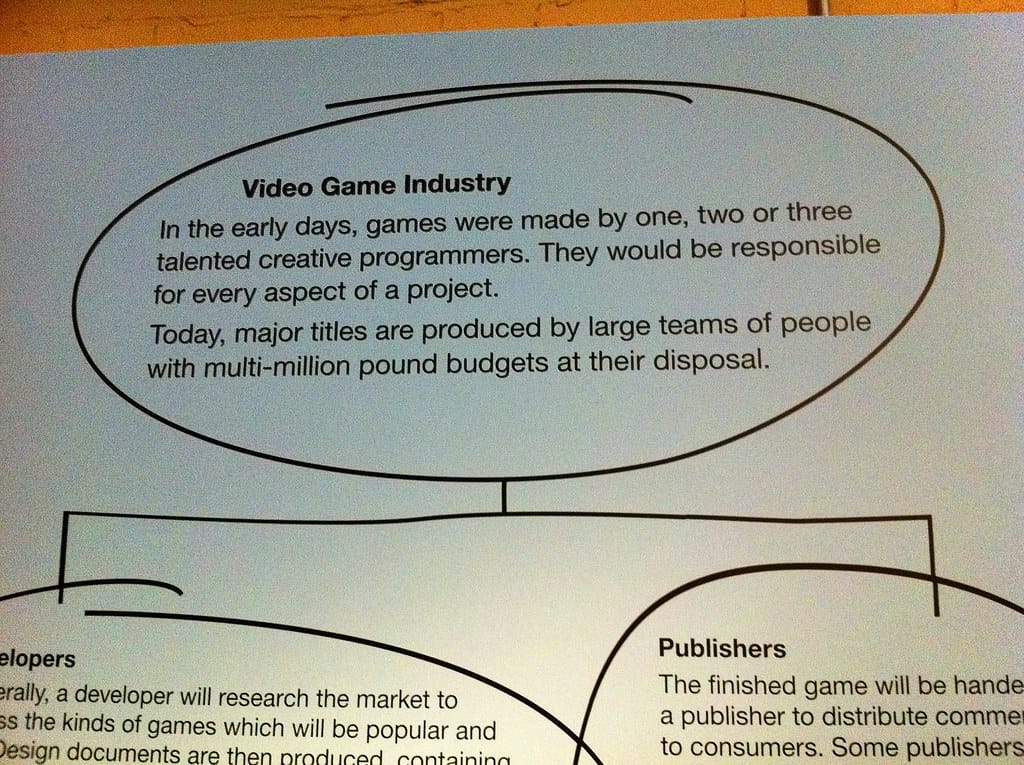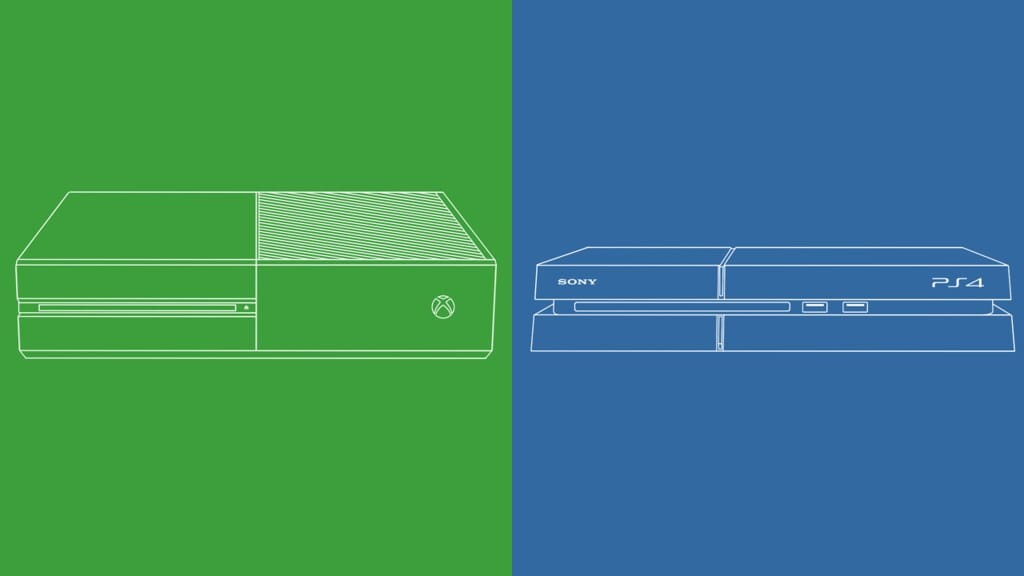Candy Crush-Maker King Lays Off 200 Staff, Replacing Many With AI Tools They Built
King Digital Entertainment, the Swedish gaming giant behind the wildly popular Candy Crush Saga, has announced plans to lay off 200 employees—representing roughly 3.5% of its workforce—as the company pivots toward artificial intelligence-powered game development. In a move that's sending shockwaves through the gaming industry, King revealed that many of these positions will be replaced by AI tools the company has been developing internally, marking one of the most significant AI-driven workforce reductions in the mobile gaming sector to date.
The Numbers Behind the Layoffs
The 200-person reduction affects multiple departments across King's operations, with the company employing approximately 5,700 people globally. While King hasn't disclosed the exact breakdown of affected roles, industry sources suggest the cuts primarily impact quality assurance, customer support, and certain development positions—areas where the company's new AI systems can allegedly perform similar functions with greater efficiency.
King's parent company, Activision Blizzard, which was acquired by Microsoft in 2023, has been increasingly focused on integrating AI across its gaming portfolio. The Candy Crush franchise alone generates over $1 billion in annual revenue, making it a prime testing ground for AI implementation in game development and maintenance.
AI Tools Taking Center Stage
The company's internally developed AI systems reportedly handle several key functions that previously required human oversight. These include:
Automated Level Design: AI algorithms can now generate new Candy Crush levels by analyzing player behavior data and optimizing difficulty curves in real-time.
Player Support Automation: Advanced chatbots and automated response systems can resolve common player issues without human intervention, handling an estimated 70% of customer inquiries.
Quality Assurance Testing: Machine learning models can detect bugs and gameplay issues faster than traditional testing methods, reducing the need for large QA teams.
Content Moderation: AI systems monitor player-generated content and communications for inappropriate material, streamlining what was once a labor-intensive process.
Industry-Wide Implications
King's decision reflects a broader trend in the gaming industry, where companies are increasingly leveraging AI to reduce operational costs while maintaining or improving game quality. Electronic Arts, Ubisoft, and other major publishers have similarly announced AI initiatives, though few have been as explicit about direct workforce replacement.
The mobile gaming market, worth over $100 billion globally, has been particularly aggressive in adopting AI technologies. The freemium model that powers games like Candy Crush relies heavily on data analytics and player behavior prediction—areas where AI excels.
"This isn't just about cost-cutting," explains gaming industry analyst Sarah Martinez. "Companies like King are discovering that AI can perform certain tasks more consistently and at scale than human teams, particularly in areas involving pattern recognition and data processing."
Employee Response and Transition Plans
King has announced a comprehensive severance package for affected employees, including career transition support and extended healthcare benefits. The company is also offering internal retraining programs for employees willing to work alongside AI systems in evolved roles.
Some laid-off employees have expressed concerns about the long-term implications for creative roles in gaming. "There's a fear that if AI can replace QA testers and level designers today, what's next?" said one former King employee who requested anonymity.
The company maintains that AI will augment rather than replace creative roles, with human developers focusing on higher-level strategy, narrative design, and innovative gameplay mechanics that require human intuition and creativity.
The Future of AI in Gaming
King's move signals a potential tipping point for AI adoption in the gaming industry. As AI tools become more sophisticated, other companies may follow suit, particularly in areas where routine tasks can be automated effectively.
However, the success of this transition will likely depend on whether AI-generated content can maintain the quality and engagement levels that players expect. Early player feedback on AI-generated Candy Crush levels has been mixed, with some praising the increased variety while others note a perceived lack of the creative spark that made the original game so addictive.
Key Takeaways
King's decision to replace 200 employees with AI tools represents a significant milestone in the gaming industry's digital transformation. While the company frames this as an efficiency improvement, it raises important questions about the future of work in creative industries. As AI technology continues to advance, other gaming companies will likely monitor King's results closely, potentially influencing industry-wide employment practices.
The success or failure of this initiative may well determine whether AI integration in gaming becomes a gradual evolution or a rapid revolution that fundamentally reshapes how games are made and maintained.

